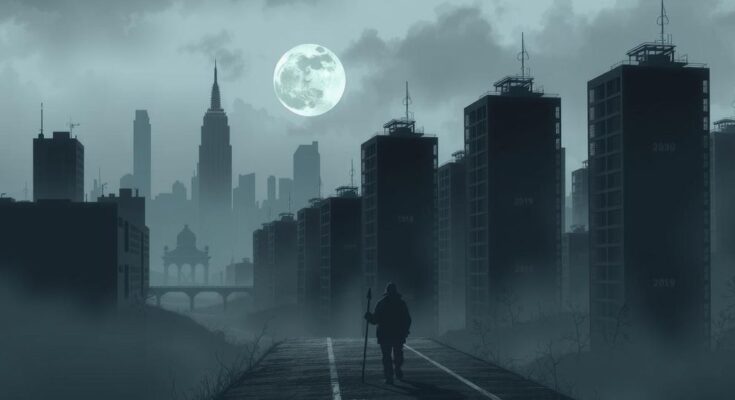Since April 2015, Burundi has faced serious repression against dissent, targeting critics of President Nkurunziza. Reports include the imprisonment of schoolchildren for minor offenses, state-sanctioned violence against opposition leaders, and the closure of media outlets. As the next presidential election approaches, hopes for justice and accountability diminish, yet activists remain committed to the Abacu Campaign to honor victims of human rights violations.
Since April 2015, Burundi has witnessed a significant crackdown on dissent, primarily targeting real and perceived critics of President Pierre Nkurunziza. The decision by Nkurunziza to run for a third presidential term was met with mass protests across the ethnically diverse population, viewed as a violation of the constitution and the Arusha Accords. As the next presidential election approaches, the ongoing crisis remains a source of suffering for many Burundians.
In March 2019, the arrest of six schoolgirls accused of doodling on President Nkurunziza’s photograph drew international attention. Although media coverage led to their release, the girls still face the possibility of five years in prison for “insulting the Head of State.” This incident exemplifies the government’s message to its youth: dissent will not be tolerated. Previous instances in 2016 also saw numerous schoolchildren detained for similar offenses, underscoring the state’s oppressive stance.
The crackdown has significantly hindered opposition parties’ ability to organize. Following the murder of opposition leader Zedi Feruzi in 2015, many opponents have fled to escape the regime. Those remaining, including Agathon Rwasa, leader of the newly launched National Congress for Liberty, face increasing restrictions, with reports of torture and arrests of their members following the party’s official formation.
Despite President Nkurunziza’s announcement in June 2018 not to seek another term, the continued oppression of opposition groups has diminished hopes for an inclusive electoral process in 2020. The government has intensified its hostility against civil society organizations that previously opposed Nkurunziza’s candidacy, resulting in operational restrictions for several international NGOs through controversial ethnic quota laws.
The media landscape in Burundi remains fraught with danger. Major outlets like the BBC and VOA have been banned from operating, while local journalists face severe reprisals, including attacks on media houses and threats to their safety. Many reporters, like Jean Bigirimana of Iwacu newspaper, have disappeared, illustrating the high stakes involved in maintaining journalistic integrity in such a repressive environment.
For the victims of violence since the onset of this crackdown, the erosion of hope for justice and accountability is palpable. As President Nkurunziza reflects on his legacy, it is clear that meaningful change remains elusive. Nevertheless, activists continue to champion the Abacu Campaign to honor and remember those who have suffered under this brutal regime, ensuring that their stories and aspirations live on.
The article highlights the ongoing repression of dissent in Burundi since 2015, exacerbated by the government’s intolerance for criticism and the targeting of opposition parties and civil society. As the country approaches its next presidential election, hopes for justice and accountability diminish amidst severe restrictions on freedoms. Activists remain resolute in their commitment to honoring victims through initiatives like the Abacu Campaign, reaffirming the importance of human rights advocacy in Burundi.
Original Source: www.amnesty.org




